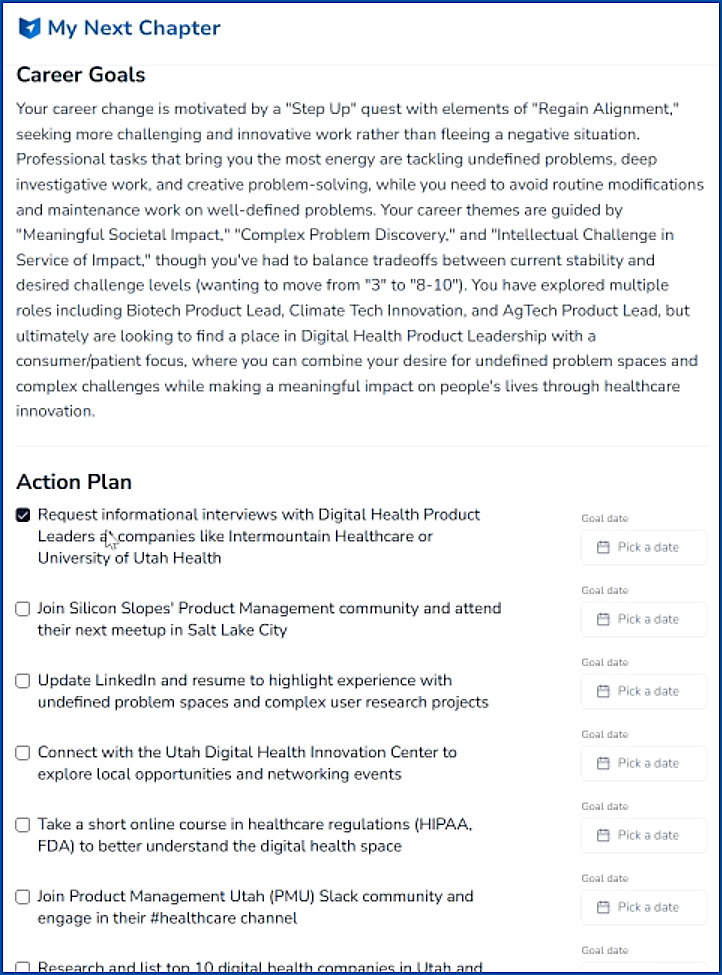The US AI Action Plan, Explained — from theneurondaily.com by Grant Harvey
Sam’s 3 AI nightmares, Google hits 2B users, and Trump bans “woke” AI…
Meanwhile, at the Fed’s banking conference on Wednesday, Altman revealed his three nightmare AI scenarios. The first two were predictable: bad actors getting superintelligence first, and the classic “I’m afraid I can’t do that, Dave” situation.
But the third? AI accidentally steering us off course while we just…go along with it.
His example hit home: young people who can’t make decisions without ChatGPT (according to Sam, this is literally a thing). See, even when AI gives great advice, collectively handing over all decision-making feels “bad and dangerous” (even to Sam, who MADE this thing).
So yeah, Sam’s not really worried about the AI rebelling. He’s worried about AI becoming so good that we stop thinking for ourselves—and that might be scarier.
Also from The Neuron re: the environmental impacts of producing/offering AI:
- Our contribution to a global environmental standard for AI — from mistral.ai
- Powering the AI Era — from goldmansachs.com












